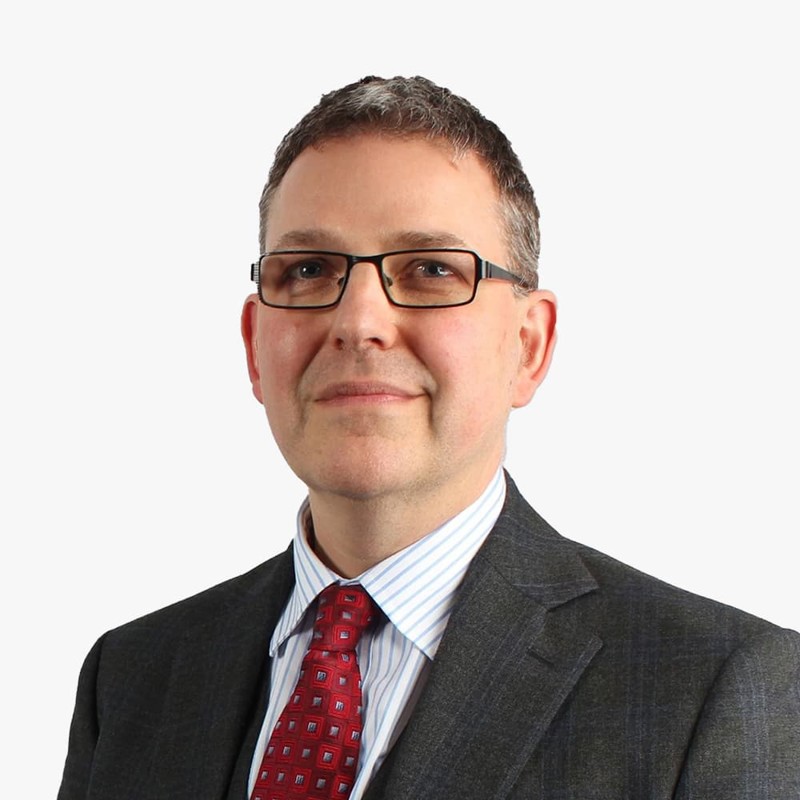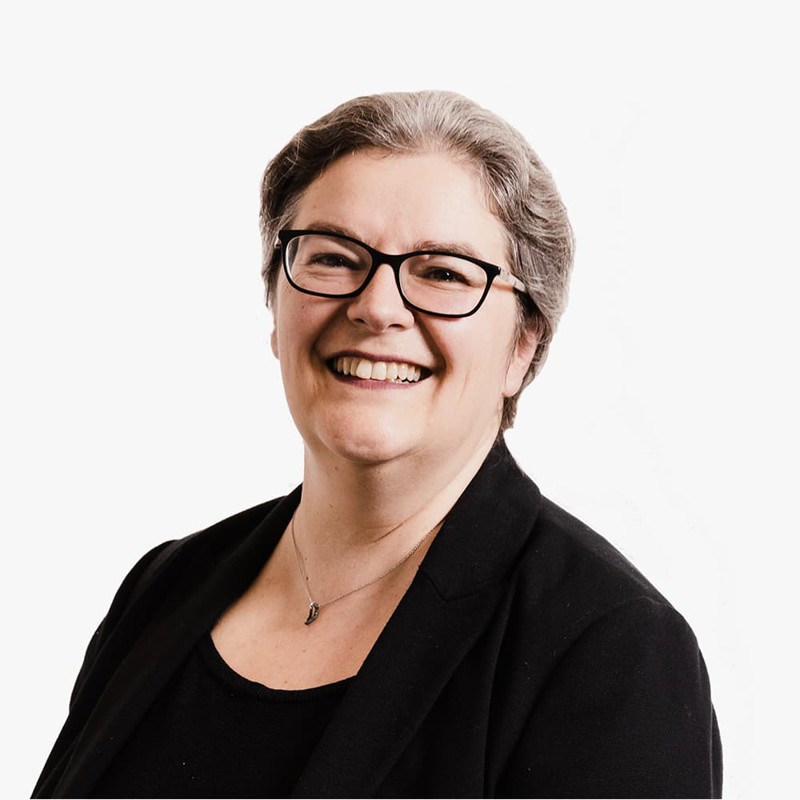We can see why the judgment has been received with alarm, but in some important ways it is actually a win for clinicians.
Disputes about medical treatment are inevitably fraught and emotional, and perhaps never more so than in disputes between clinicians and parents about withdrawal of life sustaining treatment from a child.
The impact of going through medical treatment litigation on the clinicians, as well as the family, should not be forgotten, and another aspect of modern technology can be that litigation plays out in real time in the media and in social media, as we saw most powerfully in the cases of Charlie Gard and Alfie Evans.
In each of those cases, the identities of the child and the treating trust were public, though the judgments anonymised the treating clinicians. Nonetheless, it became necessary to consider further legal and practical steps to protect them.
Previously, it was typical for cases to be called A v B NHS Trust and C local authority, entirely anonymised. The need to dispel the misperception of the court as “secret” has led to ever more transparency and openness. Usually, now, any case is heard in “open court” meaning the public and press can attend but subject to an Order which prevents the patient or family members being identified publicly by the press or anyone else.
The public bodies such as NHS trusts and local authorities will now almost always be identified, unless doing so would compromise the protection of the patient’s identity, so an important part of the preparation for court in a medical treatment case is to ensure that the trust comms team is prepared for the likely media coverage.
The position of individual clinicians is more nuanced, and was the subject of a recent Supreme Court decision – Abbasi v Newcastle upon Tyne Hospitals NHS Trust, handed down on 16 April 2025 (although the case was conjoined with another – Haastrup v King’s College Hospital NHS FT – which raised the same issues. The case is generally known as “Abbasi”.
The case involved the families of two children who had already died, Zainab Abbasi and Isaiah Haastrup, but the principles are likely to be applied in the same way to Court of Protection cases involving medical treatment for adults.
In each case, the treating NHS Trust had made an application to court for a decision about withdrawal of life sustaining treatment and an order had been made that individual treating clinicians (among others) should not be identified. Each family felt that this ongoing injunction – which would continue indefinitely unless lifted by the court - hampered their ability to speak out freely about their concerns surrounding the care that was provided in each case, and they applied for the injunctions to be lifted.
The argument went all the way up to the Supreme Court, with the NHS Trusts involved, supported by formal interventions in the proceedings by various professional groups (The British Medical Association, the Royal College of Nursing, the Faculty of Intensive Care Medicine, the Royal College of Paediatrics and Child Health and the Paediatric Critical Care Society) arguing for anonymity for clinicians. This was on the basis of concern about the risks of abuse (in person and online) in these fraught and emotional cases, as well as the broader impact on morale and efficiency of working in the clinical teams involved and, ultimately, the ability to recruit and retain staff in the fields most likely to be involved in such cases, such as paediatric critical care.
The Supreme Court recognised these concerns, but the families won their argument, and the injunctions against naming the individual clinicians in those cases are to be lifted.
The BMA’s reaction was:
“This is a hugely disappointing judgment that will cause a great deal of concern not just to the doctors in this specific case, but doctors across the country, who may find themselves at the centre of similar situations in the future.
“Clinical decisions around the withdrawal of life-sustaining treatment are not taken lightly, and applications to court are always a last resort, and made in the patient’s best interests. Doctors and other healthcare staff treating these patients need to be able to make these very difficult decisions free from fear of abuse.”
The key, though, as always, is timing. The Supreme Court thought that not enough consideration had been given to the passage of time, and how that changes things:
- The basis for an injunction to protect the anonymity of the clinicians involved when proceedings are started does not apply in the same way when proceedings are concluded, and in particular, if the child has already died.
- In proceedings, the sole concern is the child’s best interests. This can justify an order for anonymity for the clinicians because, for example, the quality of care might be compromised if they are affected by abuse or intimidation. As the employer of the clinicians, it is appropriate for the Trust to seek the orders that provide for their anonymisation on that basis.
- However, if the child has died and proceedings are concluded, things change. There is simply no longer any jurisdiction or rationale for the court to make such injunctions for anonymity for clinicians premised on the benefit to the child.
- The court anticipated that once proceedings were concluded, and especially, after the child had died, the prospect of social media or other abuse or harassment would be much reduced. On the other hand, the burden on the parents of being unable to speak freely about their concerns would endure and may perhaps increase after the child’s death.
- It may be possible for the Trust to say that anonymity for clinicians is also needed to allow the hospital to carry out its functions generally, but there will need to be evidence to support this. Otherwise, once a child has died the only basis for any injunction would be to uphold the individual rights of the clinicians.
- The individual clinicians do have rights, of course, and there are legal mechanisms for these to be protected, for instance in common law actions for privacy, as well as protection from harassment. But enforcing those rights is best done by the clinicians themselves, rather than by the Trusts on their behalf.
- As such, the court talked about the need to join the individual clinicians who would be anonymised (or a representative of them) as a party to the proceedings, so that they can make their case about these issues (though there is nothing to suggest that this is actually necessary, for the reasons below).
We can see why the judgment has been received with alarm, but,read carefully, in some important ways it is actually a win for clinicians.
For instance, the families argued that anonymising the clinicians at all was contrary to the principle of open justice, which the Supreme Court rejected entirely.
The judgment makes clear that the starting point, especially in cases of dispute between parents and clinicians, where the temperature might be higher, is that the court would expect an injunction to be made to anonymise the clinicians (though not forever).
That injunction will need to be specific about who is to be covered, but at the outset of proceedings it is likely to be acceptable to rely on generic evidence about the potential concerns of naming the clinicians, all justified by the potential impact on the child’s own care.
Such an injunction should be limited in time, perhaps running only until the child’s death, for example, plus a “cooling off period” which is “likely to be measured in weeks rather than months or years”.
The purpose of the “cooling off period” is to allow the individual clinicians to consider making their own application to continue any injunctions further into the future, beyond the child’s death. No doubt the Trust involved would consider supporting any such application, but it would need to be justified by specific evidence about the potential risks to those particular clinicians in this particular case, and at that particular stage (ie after the child’s death, when the court might expect that things may have calmed down). The court recognised the concerns from what happened in the Charlie Gard and Alfie Evans cases, but noted that in both those cases the problems were mainly during proceedings, while the child was alive.
The only matter where the court was really against the clinicians was on whether clinicians should be anonymised indefinitely, after the child’s death. The Supreme Court held open that such an order could be made in an appropriate case, but said that there would need to be a further application, made by the clinicians (even if with support of the Trust) as it must be justified in terms of the individual clinician’s rights, and based on specific rather than generic evidence. Of note, it was made clear when judgment was handed down that this evidence would need to be “convincing”.
If anything, there is now firmer ground to expect clinicians to be anonymised on the application of the treating Trust, for the duration of the proceedings/the child’s lifetime at least (plus a subsequent cooling off period), without needing any specific evidence of particular risks to clinicians at that stage.
Of course, we would be pleased to discuss and advise further in relation to this, or to hear your thoughts.
If you would like to discuss this further, please contact our expert healthcare lawyers.
Read More

